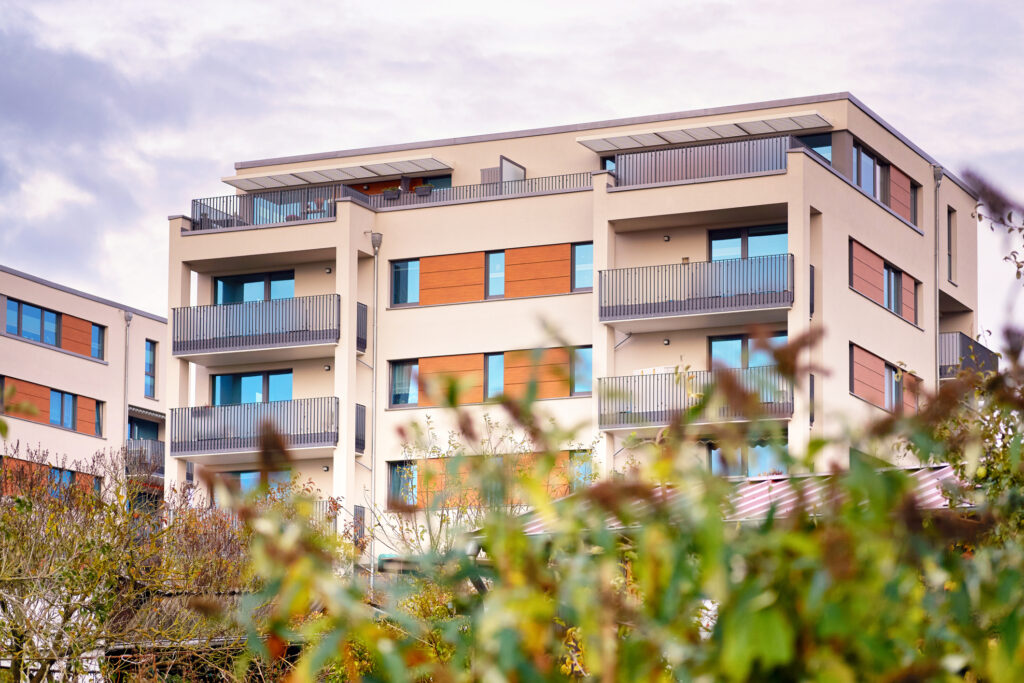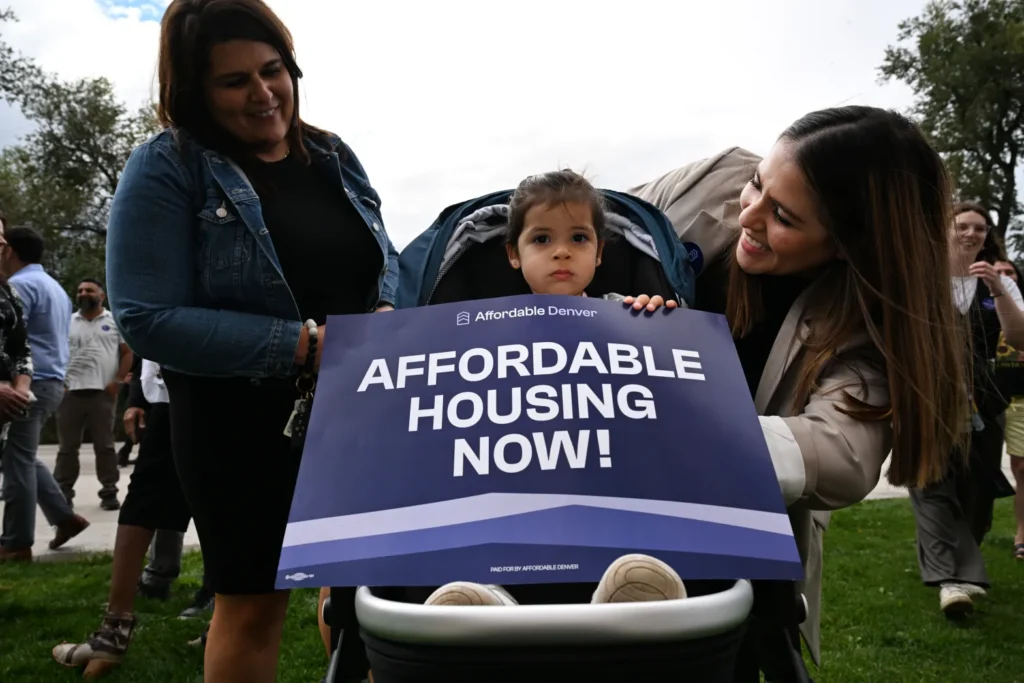
Tim Logan reports on a new arrangement that could help preserve workforce housing in Boston.
When his group buys a building, Carter said, it never plans to displace tenants — long-term stability helps everyone, including landlords, he said — and it’s used to operating with fixed rents from various subsidized affordable housing developments Avanath owns around the country. But it’s never negotiated a deal quite like this one.
“It’s not typically what we do,” he said. “But it’s consistent with our mission of working with residents.”
It was helped along by the City of Boston, which kicked in $4 million in exchange for an agreement to keep rents low at Morton Village for the long term, even after the five-year contract ends. It’s part of a program the city launched to invest in existing, older, modestly priced apartments as a way to keep them affordable. It’s been used to fund buildings from Hyde Park to East Boston in recent years, usually partnering with nonprofit housing agencies.
“In many cases, it’s less expensive than us funding new construction,” said Sheila Dillon, the city’s chief of housing. “The goal of all these deals is to keep people in their homes.”
That was the goal of tenants at Morton Village, too. They negotiated their deal on top of the city’s agreement with Avanath. It took a lot of back and forth, Matthew said, and even a few protests to draw publicity and show their resolve. But eventually the tenants and Avanath reached an agreement that allows for 3 percent rent hikes each of the next three years, and 3.25 percent in the two years after that.Residents older than 70 will only receive 3 percent increases annually.
Read more here.




